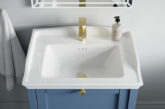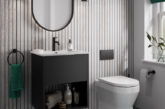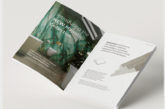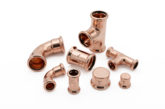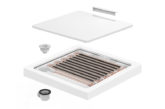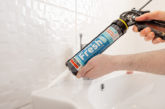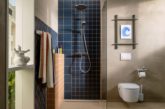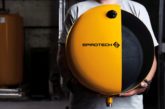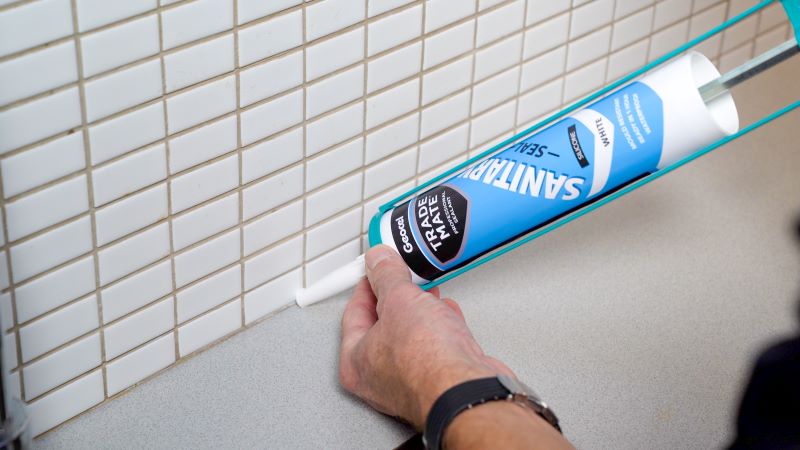
Sealants have a major role to play when putting together the final elements of a bathroom installation. Here, Andy Cummins, Senior Product Manager at Geocel takes a look at the solutions on offer.
Although a tiny proportion of an overall bathroom budget, the sealant used can actually make or break a project. The use of low-quality sealant products has the potential to ruin an installation, resulting in call backs that are both costly and time-consuming, as well as possibly leading to customer dissatisfaction that can be harmful to your reputation.
The biggest risk when choosing a sealant is the potential for loose adhesion, creating a route for water ingress that can cause real problems. In fact, one of the more common reasons for insurance claims in the UK is water damage. Lower quality sealants are also less likely to withstand humid air and condensation within a bathroom and will be vulnerable to mould and bacteria build up. They also offer UV and colour stability, along with being water and temperature resistant.
While there are many sealant products on the market, performance is crucial. Low-cost silicone sealants may be bulked out with other chemicals that evaporate as they cure, causing the sealant to shrink – forming a weak bond that can cause cracks and lifts. Look out for products that have been formulated specifically for bathroom jobs. When working with wet areas or non-porous surfaces, it is important to use a flexible product that contains a fungicide to resist mould growth, such as Trade Mate Sanitary Seal.
All-rounder
Alternatively, MS Polymer products are growing in popularity. They feature the flexibility, durability and UV stability of silicones and the paintablity of acrylics, so are ideal for a range of fixes and repairs in a bathroom. THE WORKS PRO, for example, could be used to re-seal the bath or shower, fill cracks in the wall and stick up a mirror – it’s a real all-rounder. It can seal and bond virtually any material without shrinking or the need for additional fixings. It’s particularly good for quick fixes as it can be used in both wet and dry conditions and can even bond and cure underwater. Furthermore, MS Polymers are non-staining on porous materials, so are ideal for projects involving natural stone like granite bathroom tiling.
Away from sealants, for general tasks such as filling gaps or joining door frames and skirting, acrylics such as Geocel Painters Mate are the most popular option, as they have a fast-overpainting time, perfect for a tradesperson in a hurry. Acrylics are suitable for use with wood, plastered walls and masonry, however, they are not suitable for applications where they are regularly exposed to water or high movement.
High performance
Especially in wet environments, it is essential to choose a high performing sealant. Being aware of the differing qualities available could save you valuable call back time on your next job, as cheaper alternatives are almost always a false economy.
Looking to a trusted manufacturer can help. Brands such as Geocel invest heavily in research and development, as well as product testing to ensure trade professionals benefit from high-performance products. Geocel’s range includes a number of tried and tested sealant solutions for wet, bathroom environments – providing powerful solutions that have been specially formulated to provide the best possible finish, every time.


